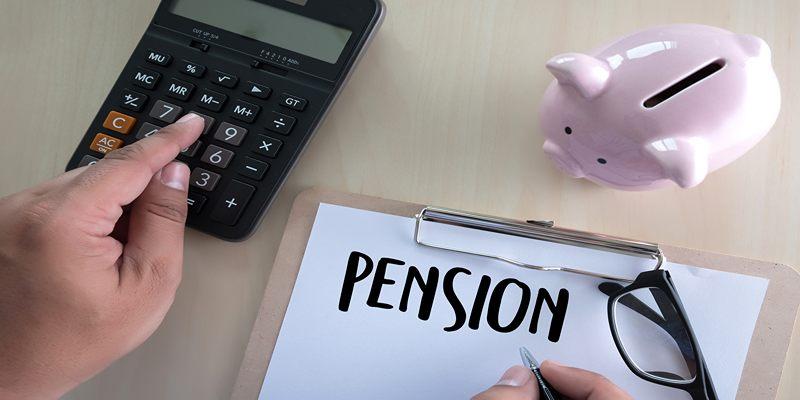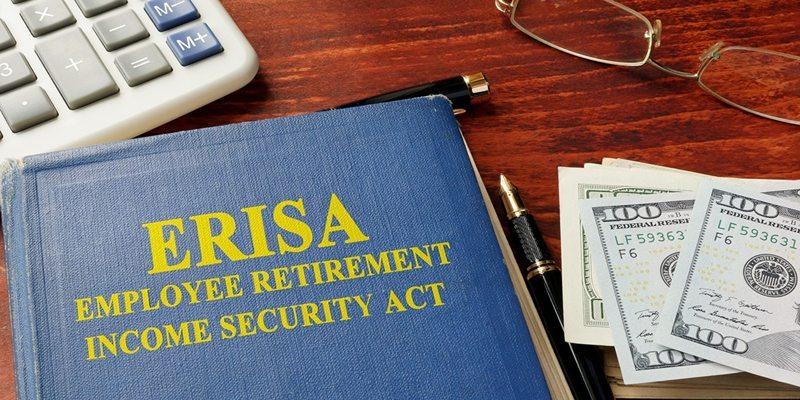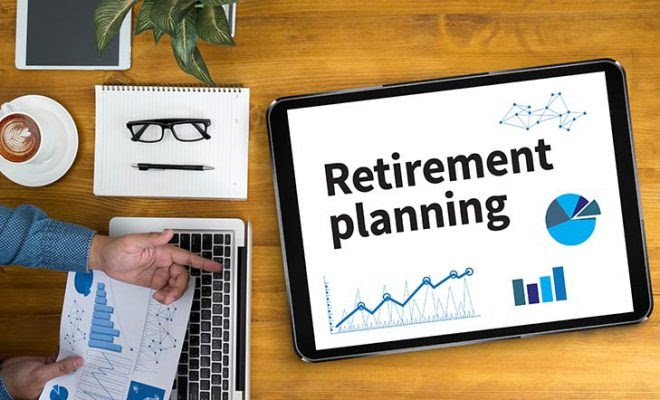Financial security is an important part of retirement planning. Pension plans entice many people as a way to securely invest their funds into the future while receiving regular payouts during times of need. However, one pressing question often lingers for many individuals: Is it possible to lose a vested pension?
This article will explore this topic in-depth, helping you understand how pensions work and identify any potential risks associated with them. Additionally, we’ll recommend the best ways to ensure your hard-earned investments remain secure for years. Read on to find out more!
What Happens If I Lose a Vested Pension?
Regarding a vested pension, certain risks come with investing in such an account. It is important to understand that while your pension may be "vested," meaning you have access to it after meeting certain criteria, the possibility of losing this money increases as more time passes and market conditions change. If you are worried about potentially losing a vested pension,
Here are some steps you can take to ensure your investments remain safe
- Be aware of any changes in the company owning your pension plan or specific investment funds within the plan. Make sure you know when restrictions on withdrawal or transfers occur and what rights exist for any changes made by the company managing your fund.
- Monitor your investments regularly, ensuring your money is still in the same place and performing as expected. Be aware of any changes in performance or fees associated with a fund and understand how these can impact your retirement income.
- Consider investing in different types of funds, such as bonds or stocks, to spread risk across multiple areas. Additionally, look into annuities and other insurance products that may provide guaranteed returns over time without worrying about market fluctuations affecting your investments.
- Review legal documents related to your pension plan regularly to ensure you are fully informed about any changes made by the company managing your funds. Finally, contact an experienced financial advisor for advice on protecting your vested pension from potential losses.
Employee Retirement Income Security Act
The Employee Retirement Income Security Act (ERISA) is a federal law that sets standards for private pension and health benefit plans in the United States. ERISA was enacted in 1974 to protect retirees from losing their savings due to poor plan management. The act seeks to ensure that employers provide adequate information to participants about their benefits, including any changes made to the plan, as well as disclosures regarding fees, expenses, and investment performance. Further, it allows employees access to their vested benefits after meeting specific criteria set forth by the employer.
Under ERISA, employers must protect employee funds from mismanagement or theft. This includes guidelines on recordkeeping and financial disclosure requirements about trust assets held by an employer’s pension fund or health plan. Further, the act requires employers to ensure that their employees receive prompt payment of benefits when due and provides remedies for unpaid claims.
Additionally, ERISA sets forth regulations regarding fiduciary responsibility, which requires employers to make decisions about investments and other matters in the best interests of their employees. It further outlines procedures for employee disputes with their employer over benefit issues and establishes a process whereby an employee may appeal an adverse decision from an employer about their benefits claim.
Understanding Your Pension Benefits
The most important thing to understand about your pension benefits is the details of your plan. It's important to familiarize yourself with the components, such as vesting periods, eligibility requirements, and contribution limits. Vesting periods refer to how long it takes an employee to become fully vested in a pension plan; usually, this is around five years.
Eligibility requirements will vary from one employer to another but typically require that an employee has worked for the company for at least two years before being eligible to receive their pension benefit when they retire. Each employer also sets contribution limits, and may be subject to change over time depending on market conditions.
Types of Investments You Can Make in Your Pension
When it comes to managing your pension, there are three primary types of investments you can make.
- Firstly, a traditional pension plan is an investment that the employer pays during the employee's working years, and then when they retire, the employee receives a guaranteed payment from the plan. This type of investment is often seen as stable and low risk since it offers predictable returns and protection against market volatility.
- Secondly, defined contribution plans allow employees to decide how much money they want to invest each year into their retirement fund; employers may also match or contribute to this amount.
- Lastly, private pensions involve investing directly in stocks or bonds without any involvement by an employer. This type of investment offers more potential for higher returns but carries a greater risk.
Tips For Managing Your Pension
When managing your pension, it's important to understand the basics of investing and be prepared for any potential market fluctuations. Additionally, here are some tips to keep in mind when dealing with your retirement benefits:
- Research different pension plans before deciding on one. Look into fees associated with each plan and any restrictions or limitations that may apply.
- Ensure you meet all eligibility requirements before investing to access the plan's full range of benefits.
- Regularly review your investments and watch for changes in performance or fees that could affect your retirement income.
- Finally, seek advice from a financial advisor to ensure that your investments are managed in the best interest of you and your future.
- Stay up-to-date on changes to your pension plan and be aware of any new regulations or laws that could impact your benefits.
By understanding the basics of pension plans, ensuring secure investments, and working with a financial advisor, you can protect your vested pension from potential losses. With careful planning and sound decision-making, you can enjoy the retirement income you've earned for years to come.
Tips for Retirement Planning
Retirement planning can be daunting, but ensuring a secure and comfortable future is essential. When beginning the process of retirement planning, here are some tips you should take into account:
- Set realistic goals and plan for your retirement years to ensure your finances will last throughout your golden years.
- Analyze your current financial situation and develop a budget for your income and expenses.
- Create an emergency fund to help supplement any unexpected costs in the future.
- Consider investing in 401(k)s or IRAs to benefit from additional tax advantages and potential growth opportunities.
- Keep track of all of your investments so that you’re aware of any changes in performance or fees.
- Finally, review your plan regularly and make any necessary changes to ensure it remains optimized for the future.
FAQs
Q: What Is the Best Way to Protect My Vested Pension?
A: It is always important to diversify your investments, and pension plans are no exception. If you have already vested in a pension plan, it’s best to diversify across different types of investments to reduce the risk of losing any of your benefits.
Q: What Other Risks Are Associated With Vested Pensions?
A: Besides changes in the company’s financial situation and market downturns, other potential risks are associated with pension plans. For example, your employer’s benefit structure may change over time which could reduce or even eliminate any previously available benefits. Additionally, administrative costs may be involved with managing your pension plan, which can eat away at your invested funds.
Q: What Should I Do If I Have Questions About My Pension Plan?
A: It is important to speak with your employer’s Human Resources team or other financial advisors should you have any questions about your pension plan. They can provide more detailed information on the plan's specifics and advise you on the best action to protect your investments.
Conclusion
Overall, investing in a pension plan is a great way to ensure your financial security during retirement. By understanding the risks associated with them and taking measures to protect your funds, you can rest assured that your hard-earned money will be safe for years to come. So whether you’re just getting started with planning for retirement or have already vested in a pension plan, take the time to ensure you are taking the necessary steps to protect yourself financially.






